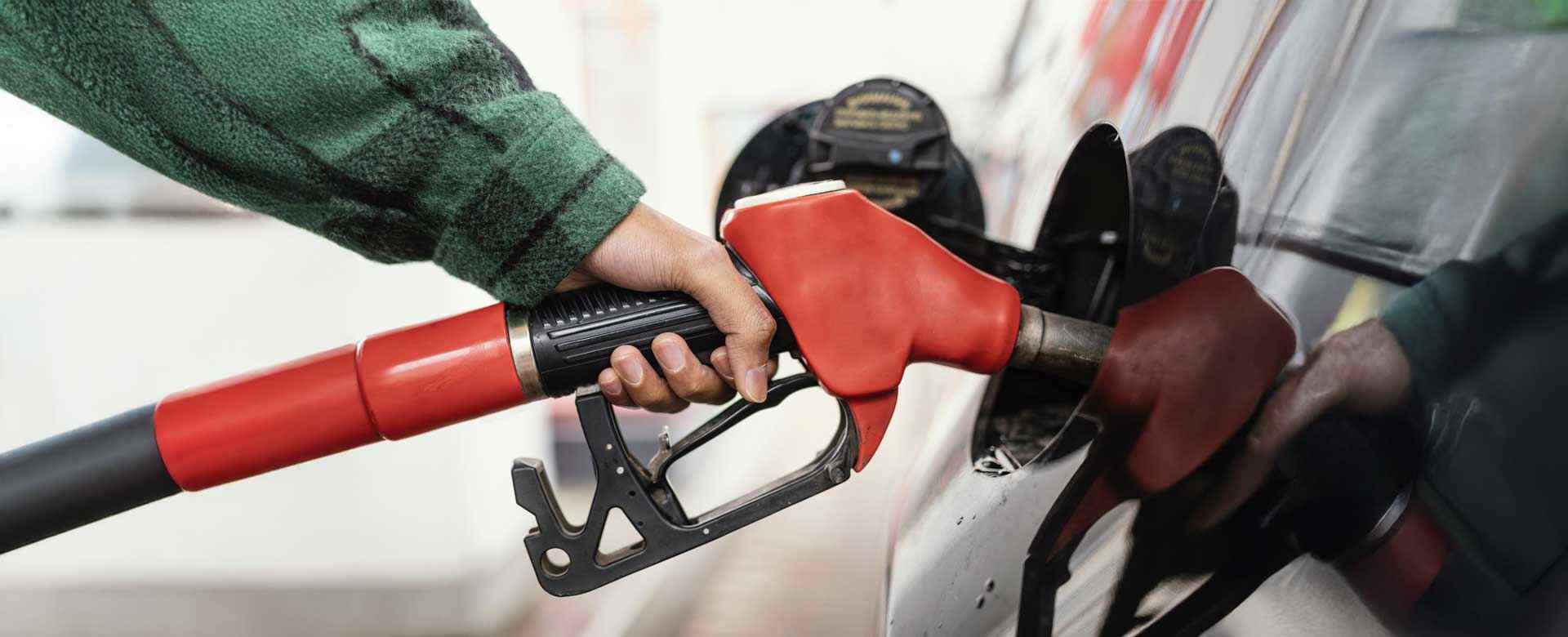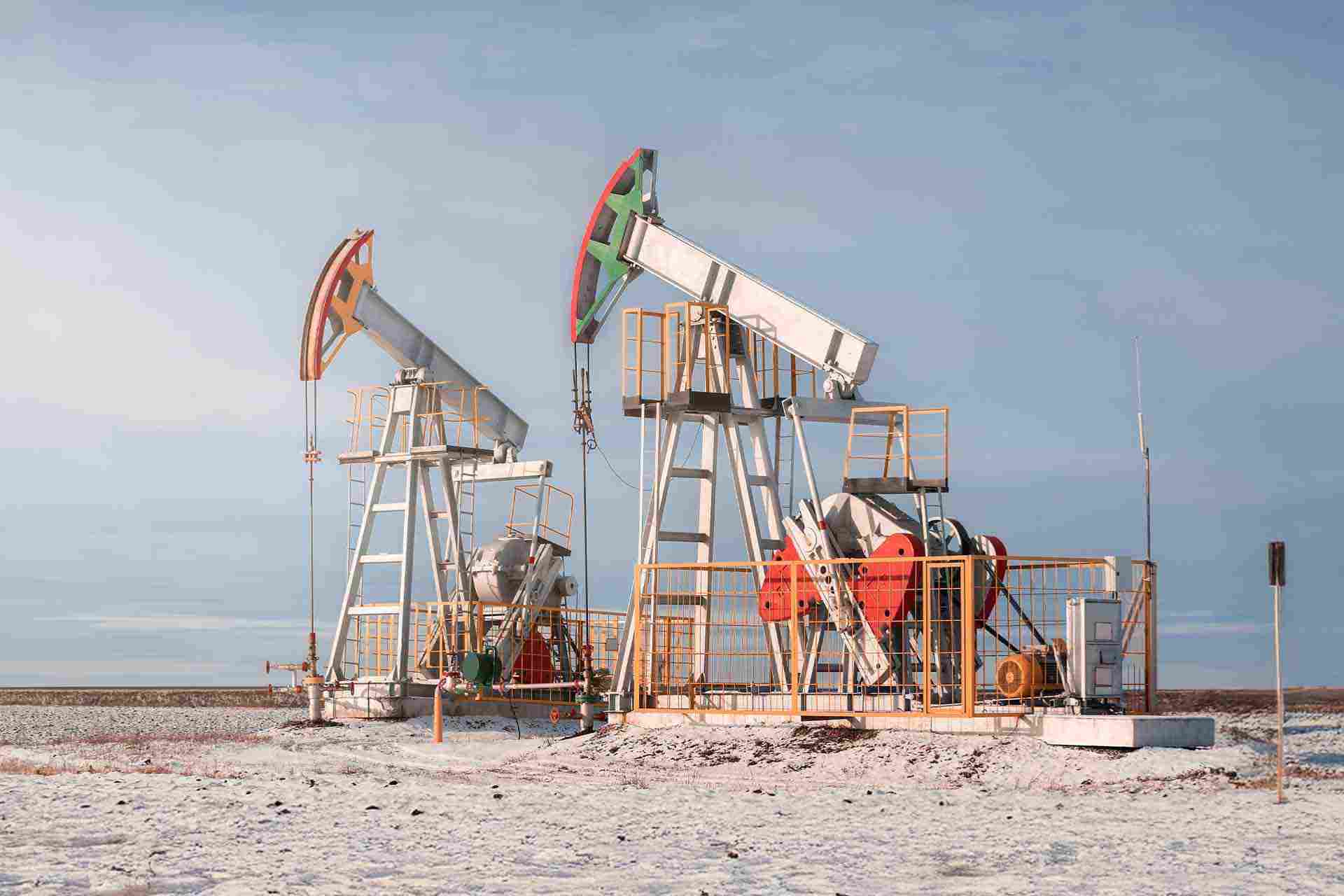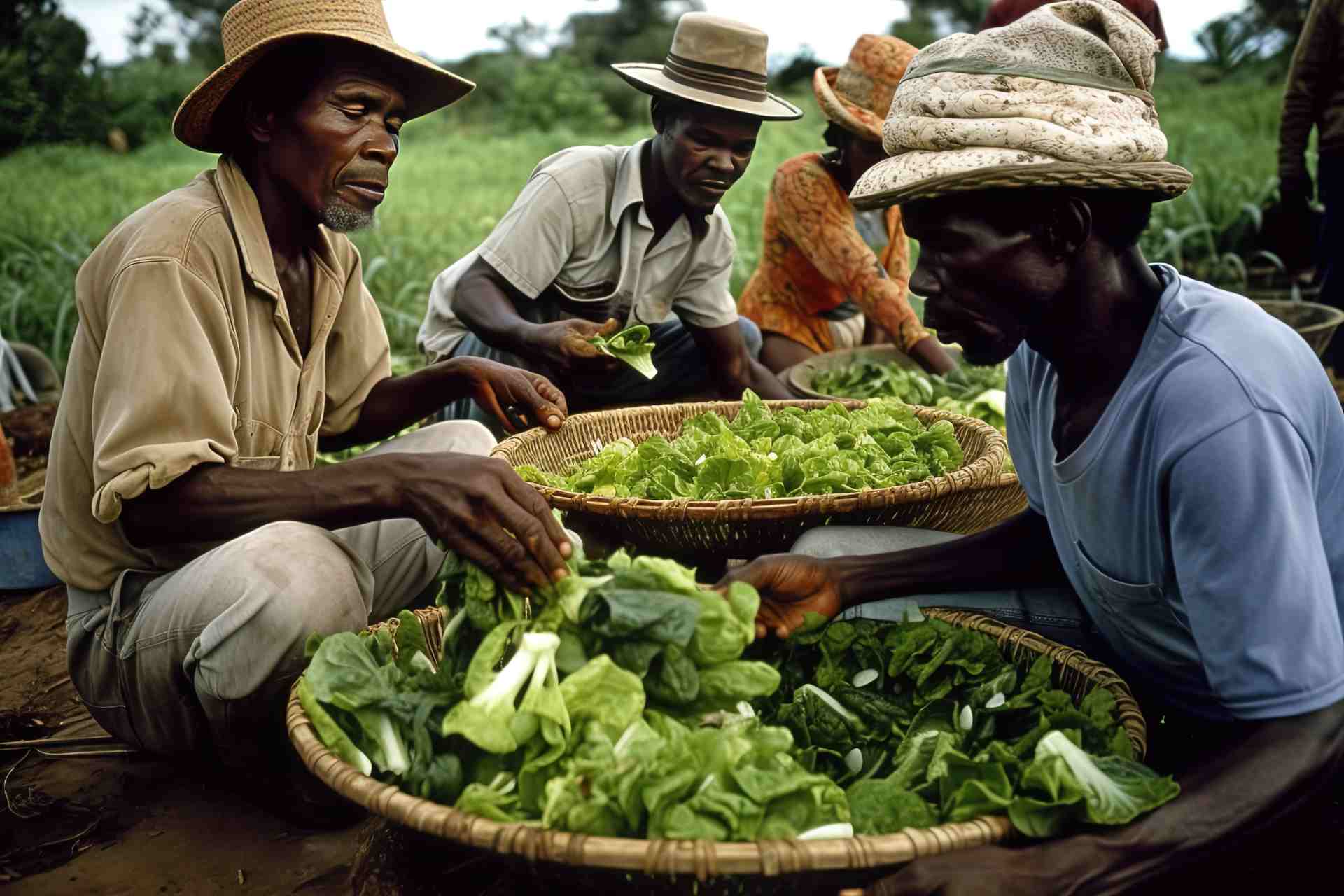Top 10 African Countries with the Cheapest Petrol in December 2024
The African continent is still a treasure of natural resources, and oil reserves take center stage as an important driver of economic growth. Regarding gasoline prices, though, the story opens somewhat different chapters all throughout the nation. From highly subsidized rates to market-driven rates, the oil-producing countries of Africa provide a vibrant tapestry of affordability. Several nations have become pioneers in providing some of the least expensive fuels available worldwide as of December 2024.
Knowing these dynamics opens a window into more general investment possibilities in Africa and the changing policies influencing its economy, not only about fuel costs. Let’s explore the top 10 African oil producers providing the most reasonably priced gasoline and find the knock-on consequences on the corporate scene.
Top 10 African Countries with the Cheapest Petrol
Libya
Libya is not just Africa’s leader but also among the world top in reasonably priced fuel since gasoline costs just $0.03 per liter. Significant government subsidies from Libya help to explain this staggering statistic: fuel is available to people despite political and economic obstacles. Libya’s huge oil reserves and continuous rebuilding initiatives provide economic prospects in Africa as abundant as its resources for investors looking at the country.
Angola
With second-largest oil output in the continent, Angola sells gasoline for $0.33 a liter. Effective government strategies help to keep fuel prices low despite great production costs, hence promoting domestic usage. Angola is a hotspot to invest in Africa energy since the country’s significant expenditures on export diversification and refining facilities have also opened up opportunities for profitable alliances.
Egypt
Egypt uses its unique geography to dominate the oil and gas debate in North Africa at $0.34 a liter. Its control over the Suez Canal and massive production of oil guarantees Egypt stays a major player in world energy trade. Egypt’s ambition for a sustainable energy future—blending oil production with renewable activities—offers long-term possibilities for investors looking for business opportunities in Africa.
Algeria
Gasoline prices in Algeria range at $0.343 per liter, which reflects government subsidies and steady production of oil. Algeria is a major center for energy exports because of its huge hydrocarbon deposits and clos proximity to European markets. Strategic investments meant to maximize efficiency and profitability open the path as the nation upgrades its energy infrastructure.
Sudan
Despite its turbulent past, Sudan’s $0.70 per liter petrol price makes it a competitive player. Although instability in politics has sometimes dimmed its economic possibilities, recent changes and higher crude oil production point to a new beginning. For those ready to deal with these obstacles, Sudan presents untapped opportunities in infrastructure development and resource exploitation.
Ethiopia
Ethiopia mostly depends on imports for its fuel, however petrol is priced at $0.72 per liter mostly because of intervention from the government. Ethiopia has rapidly grown into a top choice to invest in Africa’s untapped energy markets with recent oil finds and continuous exploration initiatives. For forward-looking investors, its focus on creating a modern energy network adds to its appeal.
Nigeria
Though Nigeria is the biggest oil producer in Africa, petrol there costs $0.77 a liter. This pricing captures the country’s infrastructure bottleneck as well as its plenty of reserves. Recently, Nigeria implemented measures meant to liberalize the oil industry, therefore generating new business opportunities in the biggest nation in Africa. For those with a taste for high-reward businesses, the opportunities are great from discovery to refinement.
Tunisia
The $0.80 per liter gasoline price of Tunisia is evidence of their effective energy policies. Though not as resource-rich as some of its neighbors, Tunisia has successfully mastered the technique of optimizing output at lowest possible cost. For investors looking for long-term benefits, its increasing focus on sustainable practices and clean energy presents a compelling prospect.
Gabon
In the setting of African oil, Gabon punches above its weight at $0.92 per liter. Especially in the energy industry, its government has made significant achievements in establishing an environment favorable for international investments. For investors wishing to make investments in Africa’s oil-rich areas, Gabon is a hidden jewel with stability and proactive policies.
Ghana
Ghana completes the list using gasoline costing $1.04 per liter. Although Ghana’s fuel is not the cheapest, its developing oil sector and aggressive government have drawn attention from international investors. The nation is unique among top African investment destinations because of its focus on local content development and export-driven expansion.
Why Petrol Prices Matter
Petrol prices reflect the status of a country’s economy, policy direction, and global position, not only figures on a board. Countries with cheaper fuel typically have better domestic productivity, increased mobility, and reduced running costs, all of which help to drive development in many different sectors.
For investors, knowing these small details helps them to find business prospects in Africa. Less expensive gasoline not only reduces running expenses but also shows that a government is dedicated to create an atmosphere beneficial for investors.

Key Drivers Behind Affordable Petrol
Government Subsidies: Most of the nations on this list greatly subsidize fuel, enabling their citizens to access it.
Domestic Production: Nations with a strong capacity for domestic production of oil can afford to market gasoline at reduced rates.
Policy Stability: Clear, consistent energy policies draw investment and help mitigate market volatility.
Investment Opportunities in Africa’s Oil Sector
Africa’s oil sector is full of possibilities and offers several opportunities for expansion:
Exploration and Production: Huge potential exists in nations like Ethiopia and Sudan from untapped reserves.
Infrastructure Development: Modern infrastructure is desperately needed from pipes to facilities improvement.
Sustainable Energy Integration: African oil producers are seeking to mix conventional and renewable sources as the globe moves to greener energy.
A Continental Transformation
Driven by innovation, reform, and strategic investments, the African oil landscape is evolving quickly. While newcomers like Ethiopia are discovering their niche, nations like Nigeria and Angola are rethinking their energy sectors. This dynamism makes Africa a hotspot for world investors since it affords incomparable investment opportunities.
The message for businesses is rather clear: Africa is business-open. With its great resources, young population, and forward-looking policies, the continent is prepared to lead the next energy revolution.
Conclusion
From Ghana’s ambitious energy reforms to Libya’s nearly free gasoline, Africa’s oil-producing countries are as varied as they are resource-rich. For businesses and investors, these nations offer not only reasonably priced gasoline but also a portal to business prospects in the rapidly growing African markets. As 2024 develops, Africa takes the front stage—where dreams of prosperity come true and problems meet possibilities.
FAQ
1. Which African countries have the cheapest petrol prices in December 2024?
Libya leads among the nations with the lowest petrol price—unbelievably $0.03 per liter—thanks in large part to government subsidies meant to make fuel accessible to all. Closely following with prices between $0.33 and $0.34 per liter are Angola, Algeria, and Egypt. These countries use their great capacity for producing oil to keep fuel prices, therefore guaranteeing accessibility for their people and promoting local economic development.
2. Why is petrol cheaper in oil-producing African countries?
With so many natural resources, oil-producing nations in Africa may reduce import reliance and manufacturing costs. Many of these countries significantly subsidize gasoline prices in order to help domestic businesses, lower transportation expenses, and guarantee citizen affordability. Strategic policies combined with strong production levels help nations like Libya, Angola, and Algeria to have cheap petroleum prices.
3. How do global oil prices affect petrol costs in African nations?
Gasoline prices throughout Africa are greatly shaped by global oil price swings. While subsidies help oil-producing nations shield their own markets, an increase in world prices can strain national finances and drive prices higher in countries depending on imports. On the other hand, lower world oil prices usually translate into cheaper gasoline, especially in nations like Nigeria and Egypt with high domestic output and good refining capacity.
4. Which African country had the lowest petrol price in December 2024?
With fuel at just $0.03 per liter, Libya stood out with the lowest gasoline price worldwide in December 2024. The country’s large oil reserves and large state subsidies help to explain this record-low pricing. Libya is still a remarkable example of how resource abundance can directly help people in midst of political and economic constraints.
5. Do all oil-producing countries in Africa have cheap petrol?
While many oil-producing African countries offer some of the lowest petrol prices worldwide, there are exceptions. Factors including inadequate refining infrastructure, high production costs, and limited government subsidies can result in higher petrol prices in certain oil-rich countries. For instance, while Nigeria produces significant volumes of oil, inefficiencies in refining and policy adjustments have kept petrol prices higher than those in Libya or Algeria.





